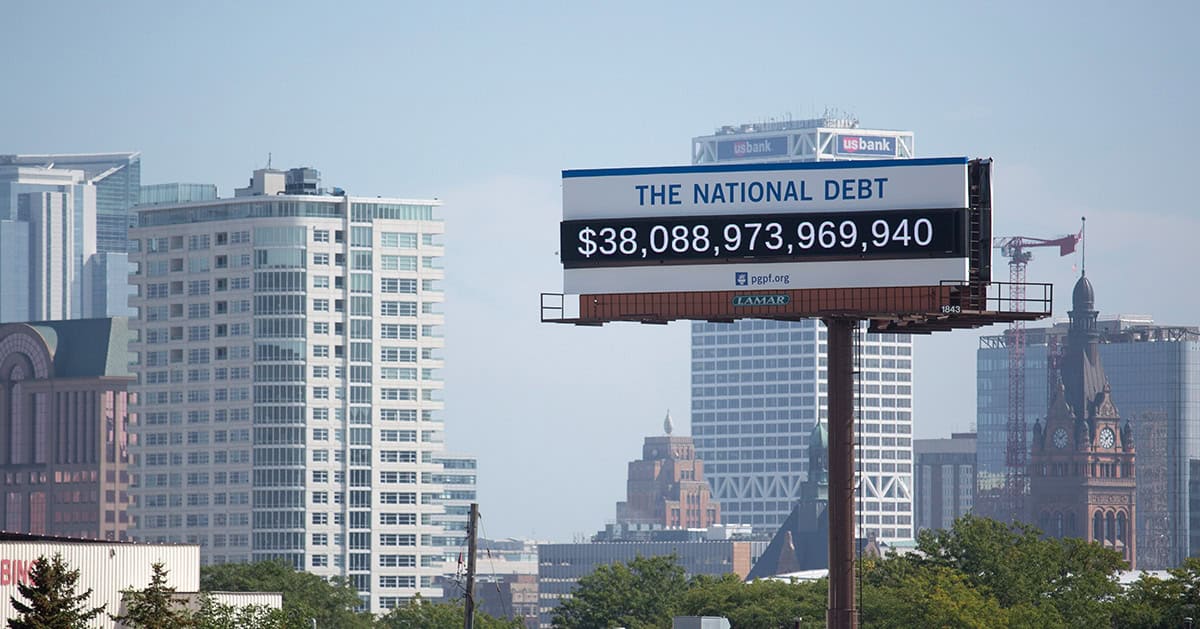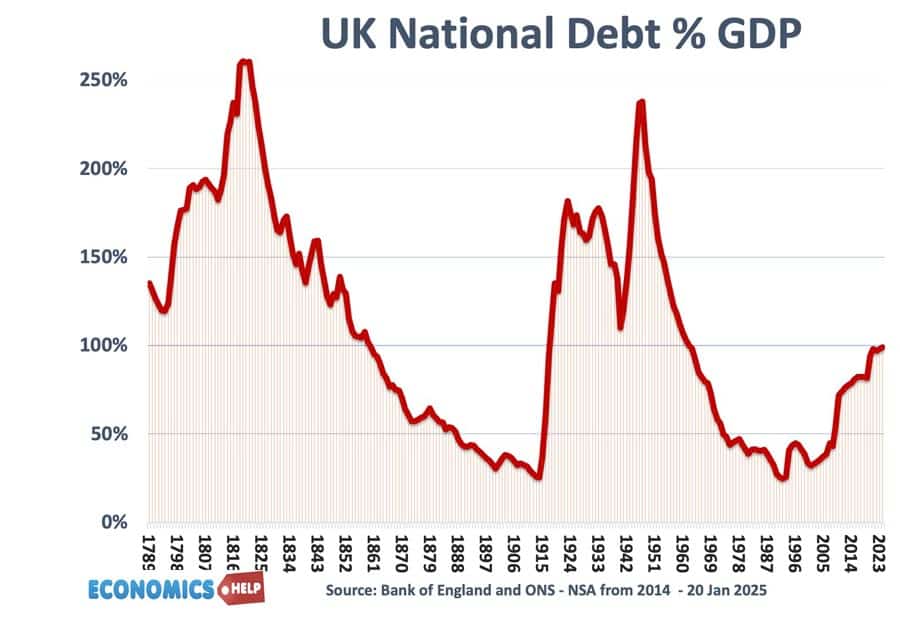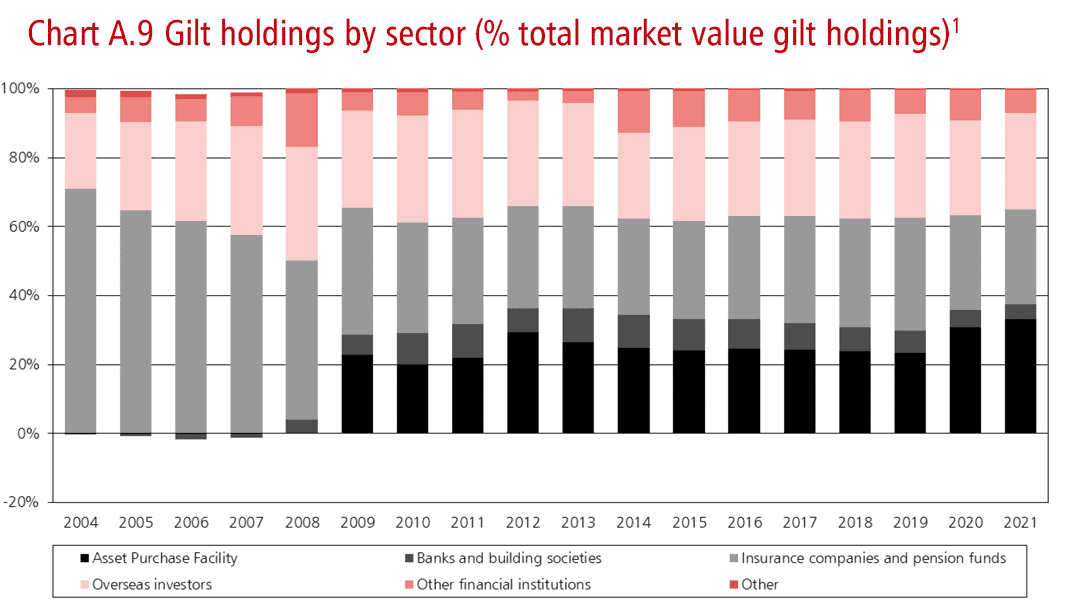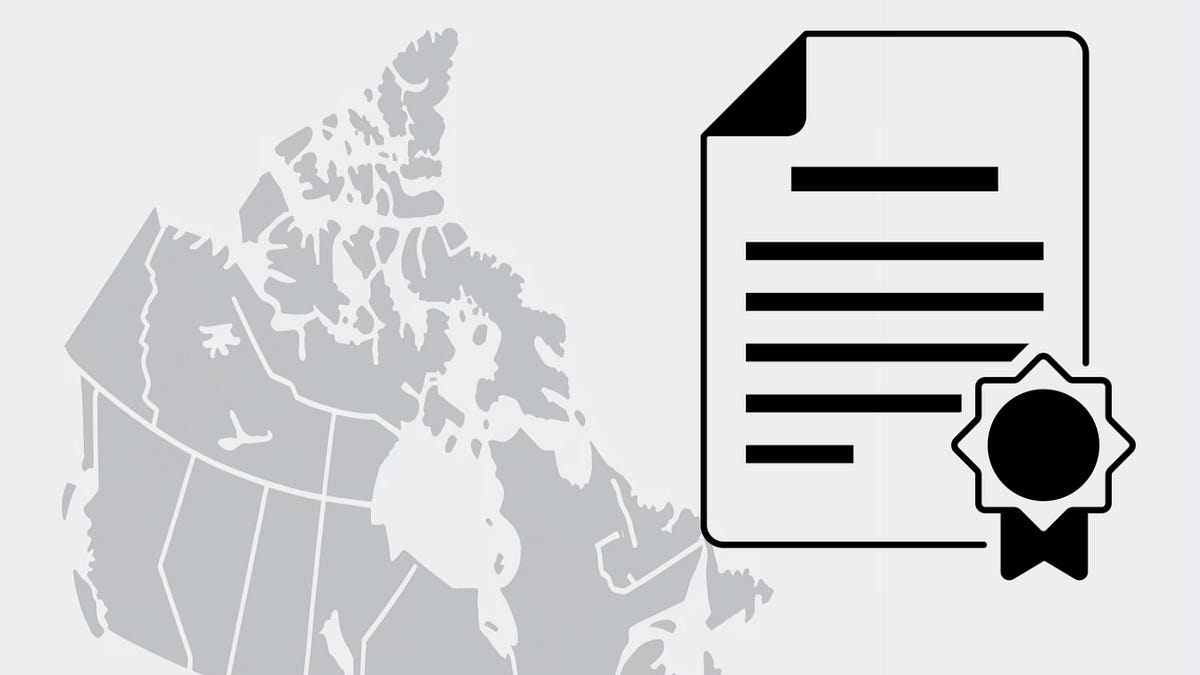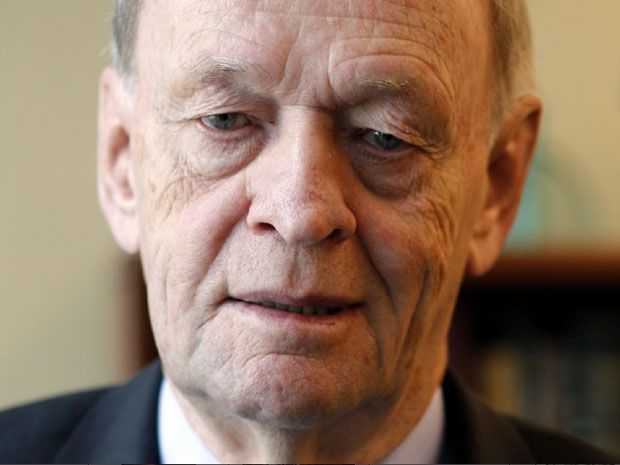- Reaction score
- 12,490
- Points
- 1,160

This map haunts me these days. It is from the IMF Database. It is a map of General Government Debt as a percent of GDP as of 2023. I don't think things have improved much over the last two years.
Here's the link.
Here are the actual numbers for the G7.

Note the outliers:
Germany - Low at 62.66% of GDP
Japan - High at 249.67% of GDP
All of the rest of them, Canada included, have passed 100% of GDP in Government Debt.
Germany can afford to go to 5% of GDP on Defence. Even if they had to completely finance it from debt they would still only rise to 67.66% That ignores the spending they already have, the fact that much of the new spending is likely to be on the internal economy and, more importantly, German manufactures weapons that are in demand on the international market. It makes money from them.
Everybody else is hovering around the bankrupt levels. The only real hope the rest of the G7 has is that they are only at 100% and Japan has managed to survive at 250%. But that is probably due to being a member of the club and having good friends.
What if the G7 is a busted flush? A Norwegian Blue?
....
If you look at the map you find that Canada, the US, the UK, France and Italy are all in the same boat as Spain, Portugal and Italy (Remember the PIIIGS?) and Venezuela.
Everybody else in NATO is in the Green. They have borrowing room. Even Ukraine at 82.33% of a wartime GDP has more head room than the rest of the G7, Germany excluded.
The rest of NATO
North to South
Iceland 62.24%
Norway 44%
Sweden 36.37%
Finland 77.02%
Denmark 29.66%
Estonia 19.31%
Latvia 43.57%
Lithuania 38.29%
Netherlands 45.02%
Belgium 105%
Luxembourg 25.67%
Poland 49.59%
Czechia 42.38%
Slovakia 56.05%
Hungary 69.44%
Slovenia 69.22%
Croatia 63.02%
Montenegro 61.5%
North Macedonia 54.5%
Albania 59.81%
Romania 48.85%
Bulgaria 32.92%
Turkiye 29.26%
Even the poorest countries seem likely to have better credit scores than us and our G7 club.
For interest sake
Israel 61.94%
.....
All of that seems to suggest that all of those countries have a lot more financial freedom of movement than we do. And the rest of the G7. Curiously Belgium falls into the G7 pattern but Australia (49.01% !!!!) doesn't.
Si vis pacem, para bellum
"If you want peace, prepare for war." - Publius Flavius Vegetius Renatus's tract Dē Rē Mīlitārī (fourth or fifth century AD)
"The sinews of war are infinite money" - Marcus Tullius Cicero - 43 BC
We need money.
We could be Australia.
Instead we are Belgium.
We need freedom.
.....
Poland has an interesting history it is an ancient land, but one that has disappeared and reappeared. And it disappeared because of a veto.
The liberum veto (Latin for "free veto" was a parliamentary device in the Polish–Lithuanian Commonwealth. It was a form of unanimity voting rule that allowed any member of the Sejm (legislature) to force an immediate end to the current session and to nullify any legislation that had already been passed at the session by shouting either Sisto activitatem! (Latin: "I stop the activity!") or Nie pozwalam! (Polish: "I do not allow!"). The rule was in place from the mid-17th century to the late 18th century in the Sejm's parliamentary deliberations. It was based on the premise that since all of the Polish–Lithuanian noblemen were equal, every measure that came before the Sejm had to be passed unanimously. The liberum veto was a key part of the political system of the Commonwealth, strengthening democratic elements and checking royal power and went against the European-wide trend of having a strong executive (absolute monarchy).
Many historians hold that the liberum veto was a major cause of the deterioration of the Commonwealth political system, particularly in the 18th century, when foreign powers bribed Sejm members to paralyze its proceedings, causing foreign occupation, dominance and manipulation of the Polish–Lithuanian Commonwealth and its eventual destruction in the partitions. Piotr Stefan Wandycz wrote that the "liberum veto had become the sinister symbol of old Polish anarchy". In the period of 1573–1763, about 150 sejms were held, about a third failing to pass any legislation, mostly because of the liberum veto. The expression Polish parliament in many European languages originated from the apparent paralysis.

Liberum veto - Wikipedia
From recent Canadian newspapers
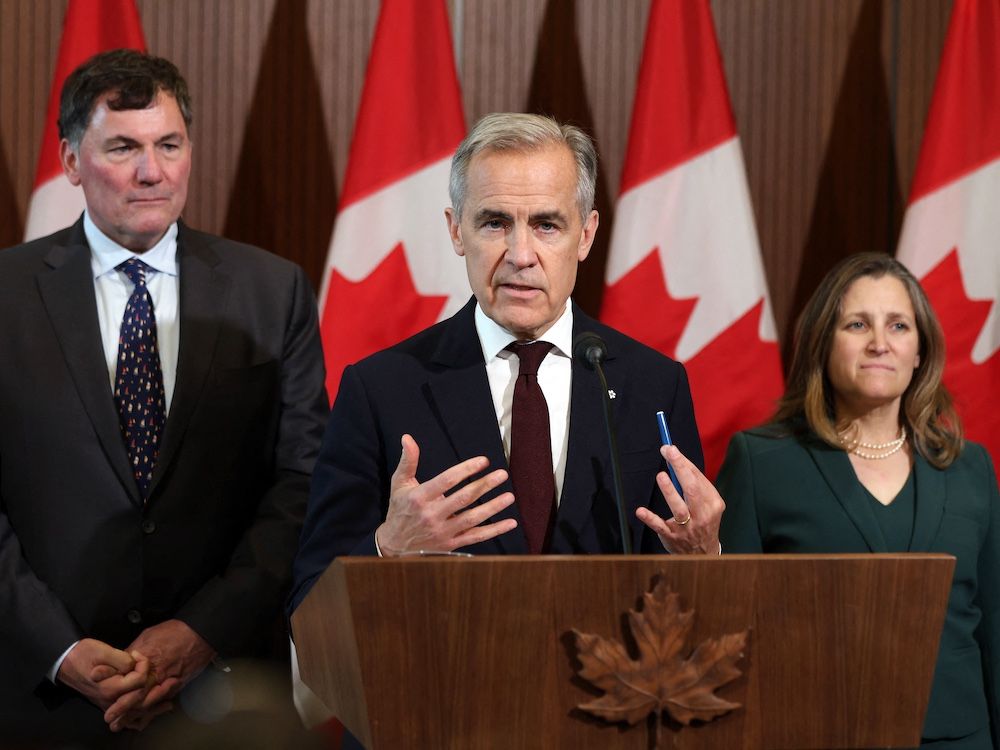
Carson Jerema: Carney ignores his own constitutional power to approve pipelines
He's using provincial obstructionists as an excuse not to build them

Carney says speedier development requires Indigenous partners
What happens if Carney pushes development faster than his government can negotiate consent with First Nations for resource projects?

JAY GOLDBERG: Carney turns to Eby to help kill new pipeline projects
Mark Carney has a plan to sabotage the construction of new oil and gas pipelines by handing a veto to Canada’s most anti-energy premier.

WATCH: Carney doubles down on giving Quebec veto status on pipelines to Quebec
DELTA — Mark Carney has doubled down on giving Quebec veto status on pipelines to Quebec.The Liberal leader claimed, however, that he was "a proponent of buildi
We appear, in my opinion, to be at risk of stripping ourselves of the very sinews necessary to supply us freedom and following 18th century Poland rather than 18th century UK and USA.
....
Meanwhile other countries seem to be opting for looser associations and maintaining more freedom to manoeuvre.
What if the future doesn't look like the G7, NATO, the EU and the UN?
What if the future looks like Israel, Ukraine and Turkey?
Sweden and Finland both gave up the independence of neutrality to join NATO.
But they came in by way of two other clubs.
Both were members of NORDEFCO (Nordic Defence Co-Operation 2009) Norway, Sweden, Finland, Denmark, Iceland
Both were members of JEF (Joint Expeditionary Force 2014) NORDEFCO plus Estonia, Latvia, Lithuania, Netherlands and UK.
The character of both those clubs could be summed up as voluntary co-operation of the willing, retaining freedom to act outside of the group.
Not the centralized diktats of a dirigiste Colbert.
....
So I find myself arguing both sides against the middle.
Too much looks like Colbert. Too little looks like the Polish Sejm.
The middle, to me, looks like Gladstone and Disraeli.
I hope we can get there.
....
Meanwhile, Ukraine, I am guessing it has less and less appetite for joining NATO the stronger it, and its extra-NATO alliances, become.
I think Israel, Turkiye, Ukraine, and possibly NORDEFCO/JEF are going to become more attractive models to more nations.
Note that I emphasise NORDEFCO/JEF. I don't think the UK is a meaningful contributor. It is untrustworthy. Just like France and Italy it is consumed by its own internal battles.
A world of self-interested hedgehogs?



